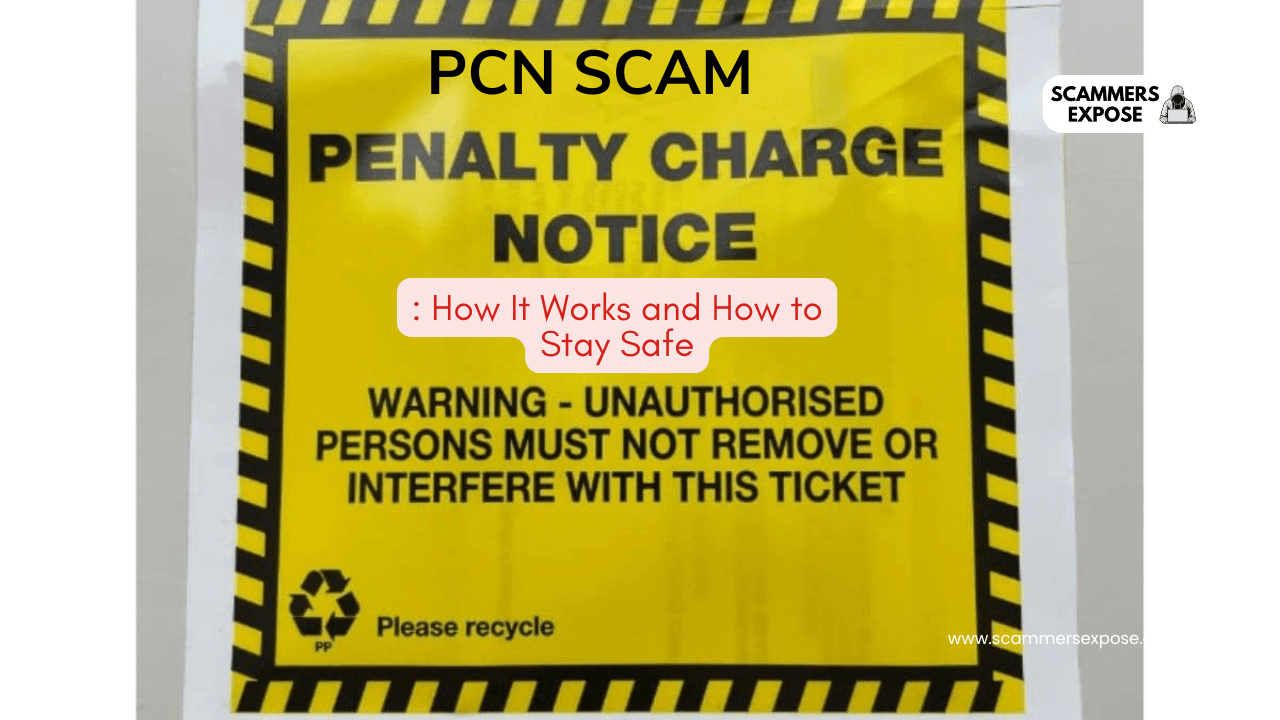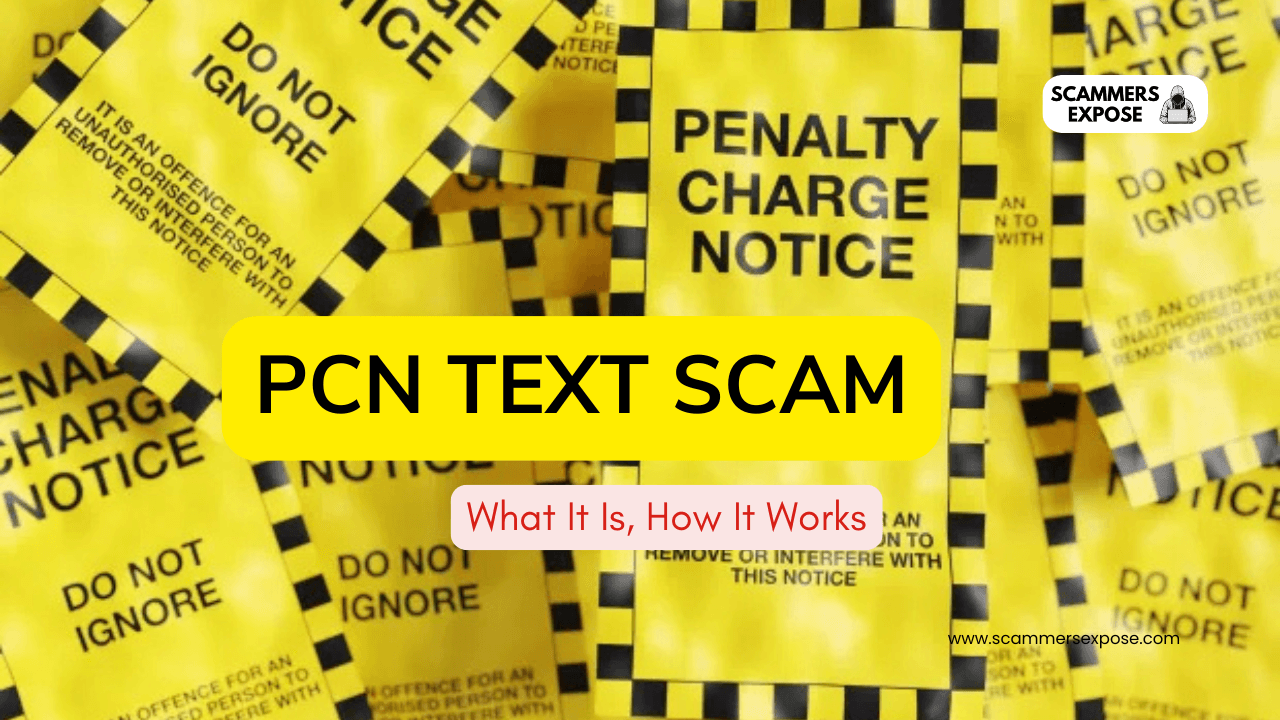If you’ve found yourself searching “scam city cosa sono”, you’re not alone. Thousands of people across the globe are trying to understand this shady online scheme. In this article, we’ll break down exactly what scam city cosa sono means, how the scam works, and most importantly, how you can protect yourself from becoming the next victim.
What Is “Scam City Cosa Sono”?
The phrase “scam city cosa sono” roughly translates from Italian to “what is scam city” and it’s a fitting question. Scam City refers to a network of elaborate scams often disguised as legitimate businesses or services, usually involving fake travel deals, accommodation listings, or job offers. These scams thrive on social media, suspicious websites, and classified ad platforms.
While the name might sound like a specific location or brand, it’s a catch-all term used to describe high-volume, high-velocity frauds operating in various online spaces—hence the nickname “Scam City.”
How the Scam Works: Step-by-Step Breakdown
Scammers have perfected their craft over time. Here’s a breakdown of how a typical Scam City operation unfolds:
1. Attractive Offer
Scammers publish fake listings or ads—like a cheap apartment in Milan, a dream vacation in Ibiza, or a high-paying remote job.
2. Lure and Engage
Once someone shows interest, scammers respond quickly with polished communication, often mimicking real businesses or professionals.
3. Fake Documents or Contracts
They may send convincing invoices, contracts, or even passports to gain your trust.
4. Payment Request
This is the turning point. Victims are asked to send money via wire transfer, crypto, or untraceable gift cards.
5. Ghosting
After payment, the scammers disappear. Emails bounce back, numbers are disconnected, and the “business” vanishes.
6. Data Harvesting (Optional)
Some scams go further by stealing personal data during the fake transaction—potentially leading to identity theft.
Red Flags and Warning Signs
Here are some common warning signs associated with scam city cosa sono frauds:
- Too-good-to-be-true offers (luxury at low prices)
- Urgency or pressure tactics (“Book now, limited spots!”)
- Payment via non-refundable methods (Western Union, crypto, gift cards)
- Unverifiable contact details
- Stock photos or no photos at all
- Poor grammar or awkward translations
- Fake or cloned websites that look like real ones
Always do a reverse image search and look up the contact information independently.
Victim Stories: Real-Life Examples
Elena, 27 – Milan
“I saw an amazing ad for a short-term rental in the Navigli area. The photos looked great, and the price was half of what others were charging. The person asked for a deposit via PayPal Friends & Family. After I paid, I never heard from them again. They even blocked me on WhatsApp.”
Marco, 42 – Rome
“I was offered a remote job that paid in euros. They sent me an onboarding form asking for my address, SSN, and bank details. A week later, I noticed fraudulent transactions in my account. The job offer was fake.”
These stories are far too common—and they all started with an innocent search, possibly even something like “scam city cosa sono”.
How to Protect Yourself and Prevent Data Theft
Falling into a Scam City trap can be devastating, but prevention is possible. Here are key tips:
1. Verify Everything
- Always cross-check email addresses and phone numbers
- Google the company name + “scam” to see if others have been affected
2. Don’t Share Personal Info Quickly
- Be wary of anyone asking for personal data up front
- Use encrypted methods or verified platforms to communicate
3. Use Reputable Platforms
- Book travel and jobs only through well-known, reviewed websites
- Avoid sending payments via untraceable methods
4. Watch for Copycat Websites
- Look closely at the domain name
- Scam sites often mimic reputable ones but with a small twist in the URL
5. Enable Two-Factor Authentication (2FA)
- Protect your email and financial accounts with 2FA
6. Educate Yourself and Others
- Awareness is your best defense
- Share articles like this one to help others
Where and How to Report the Scam
If you’ve encountered or fallen victim to a scam city cosa sono type of fraud, report it immediately:
In the United States
- Federal Trade Commission (FTC): https://reportfraud.ftc.gov
- Internet Crime Complaint Center (IC3): https://www.ic3.gov
In Europe
- Europol: Contact your national police and ask them to forward the case
- Your country’s cybercrime unit (e.g., Polizia Postale in Italy)
International Platforms
- Better Business Bureau (BBB): https://www.bbb.org
- Scamwatch (Australia): https://www.scamwatch.gov.au
Save all correspondence and transaction details. They will help authorities investigate and track these criminals.
Conclusion: Stay Informed, Stay Safe
The search term “scam city cosa sono” is often a user’s first step toward awareness. If you’ve read this far, you’re now armed with knowledge that can prevent loss and frustration.
But awareness alone isn’t enough—share this article with your friends, family, and social networks. The more people who know about scam city cosa sono, the harder it will be for scammers to succeed.
Have you encountered a scam like this? Drop a comment below or share your story with us. Let’s expose scammers and build a safer internet for everyone.
Visit our news section to stay updated with the latest developments in the case. For more insights into financial fraud and investor protection, visit Scammers Expose.










Leave a Reply